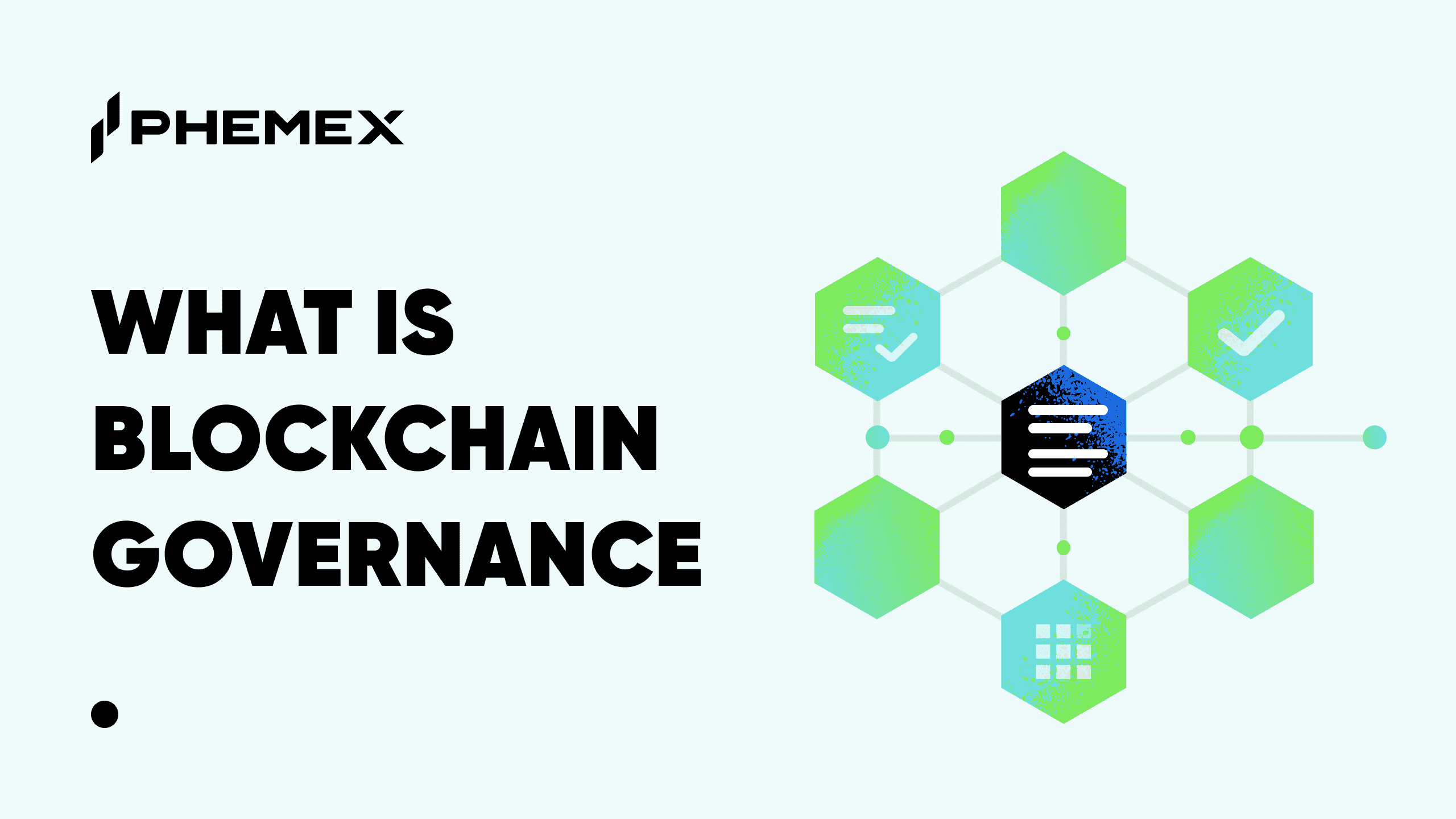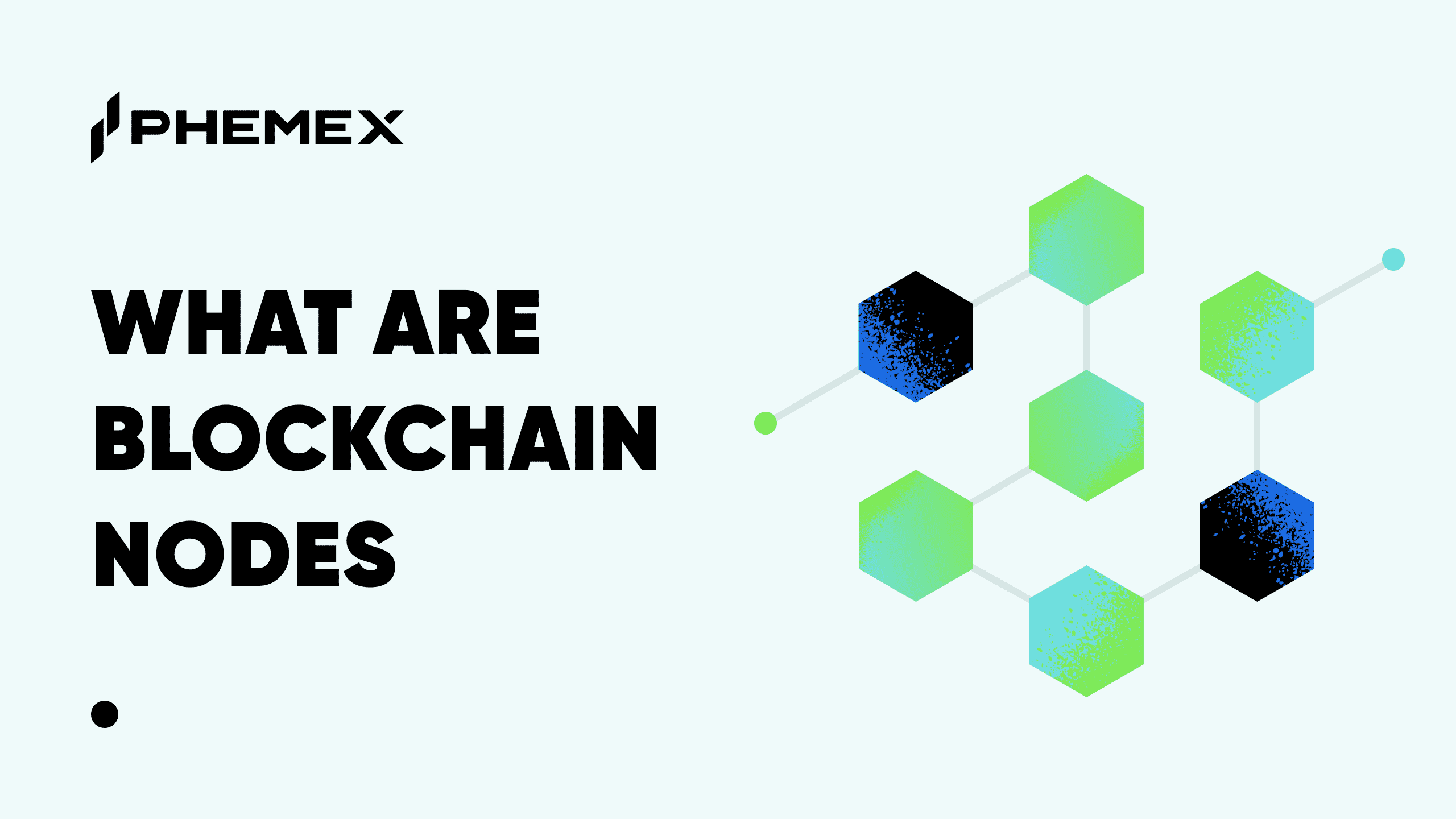Tokens are assets in the blockchain ecosystem that make it possible to securely and effectively transfer, store, and verify information and value. These crypto tokens can be designed with distinctive attributes that broaden their use cases and can take on a variety of shapes. In terms of raising liquidity, expanding the efficiency of transactions, and enhancing transparency to assets, security tokens, utility tokens, and cryptocurrencies have enormous ramifications for a wide range of sectors.
Concept of Tokenization
Tokenization is a notion that existed before blockchain technology. Since the 1970s, the financial services sector has used tokenization in some capacity to safeguard the private data of its customers. Sensitive data, such as social security numbers, credit card numbers, and other personal data, are typically converted into a string of alphanumeric characters and then put through a cryptographic function to produce a special token.
This approach is somewhat similar to the tokenization process made possible by blockchain technology. The potential uses of digital tokens across a wide range of industries have substantially increased thanks to blockchain-enabled tokenization, which enables a more secure yet flexible tokenization of assets. Previous tokenization technologies, on the other hand, were primarily intended to protect sensitive data.
What are the benefits of tokenization?
The advantages of crypto tokenization can be divided into three categories:
- More Liquidity. Assets can be made accessible to a far wider audience once they are tokenized, which boosts market liquidity and eliminates the "liquidity premium" connected to investments that are typically more challenging or time-consuming to sell, such as fine art or real estate. Investors may be given access to a portion of the underlying asset of a tokenized asset and can freely exchange tokenized assets online. As a result, crypto tokens can both increase the liquidity of current markets and give more investors access to a wider variety of investment options.
- Faster, less expensive transactions. Bypassing market intermediaries and other middlemen that are generally involved in the traditional asset management process is made possible by crypto tokens. This enables a more streamlined, affordable manner of transferring value by significantly lowering transaction costs and processing times for each trade. Crypto tokens can also be bought and sold around the world at any time because they are decentralized and live on the blockchain.
- Availability and Provability. Since crypto tokens are decentralized and exist on the blockchain, users can readily track their origins and transaction history in a form that can be cryptographically validated. The immutability and transparency provided by blockchain technology assist ensure the veracity of each token's claimed history while enabling the automatic recording of transactions. Crypto tokens can achieve a level of dependability that few other digital assets can match because of these characteristics.
In summary, crypto tokens make it possible to transport, store, and verify information and value in a method that is both effective and safe. Asset tokenization also benefits smaller investors and other people who can gain from expanded market access and more efficient ways to leverage their current assets, even if the financial services industry stands to benefit greatly from this technology.
Types of Crypto Tokenization
The distinctions between the major kinds of crypto tokens might become vague based on the characteristics of a given token or the platform on which it is tokenized.
- Utility tokens
Utility tokens, typically on a single blockchain network, indicate access to a specific service or product. Utility tokens can be used to power a decentralized market, pay transaction fees, power the consensus mechanism of a blockchain network, or give holders the ability to submit and vote on new ideas within a decentralized autonomous organization (DAO) or other decentralized network.
- Security tokens
Security tokens represent a specific investment, which could be a share in a business, a vote in that business or another centralized organization, or some other material or digital good of value. Security tokens can be created with an infinite number of distinctive qualities and ownership rights in addition to acting as a digital representation of an underlying asset or utility. While utility tokens are primarily applied for practical purposes, security tokens focus more on building rights of ownership.
- Currency tokens
Currency tokens are created to be exchanged and used. Some stablecoins are backed by underlying assets, such as MakerDAO's DAI and Gemini's GUSD. Many others, however, are not founded on any underlying assets. Instead, their distribution strategy and underlying blockchain network are directly related to their value.
Conclusion
Over time, tokenization has aided in the security of company data, and it is currently expanding the ability to transfer ownership of assets globally. Tokenization's potential as a method of investing, however, is still being limited by a number of issues. It is challenging to develop seamless transactions because each country has its own technology and investing laws. Governments are starting to change legislation, and people are becoming more knowledgeable about using tokens, which is assisting technology's development and gaining recognition as a potent financial tool.
Soulbound tokens are one of the latest tokenization solutions that has generated the most interest among blockchain developers. For instance, Phemex has launched Phemex Soul Pass which is a soulbound token (SBT) serving as an autonomous identification for access to exclusive benefits inside the Phemex Web3 ecosystem.







